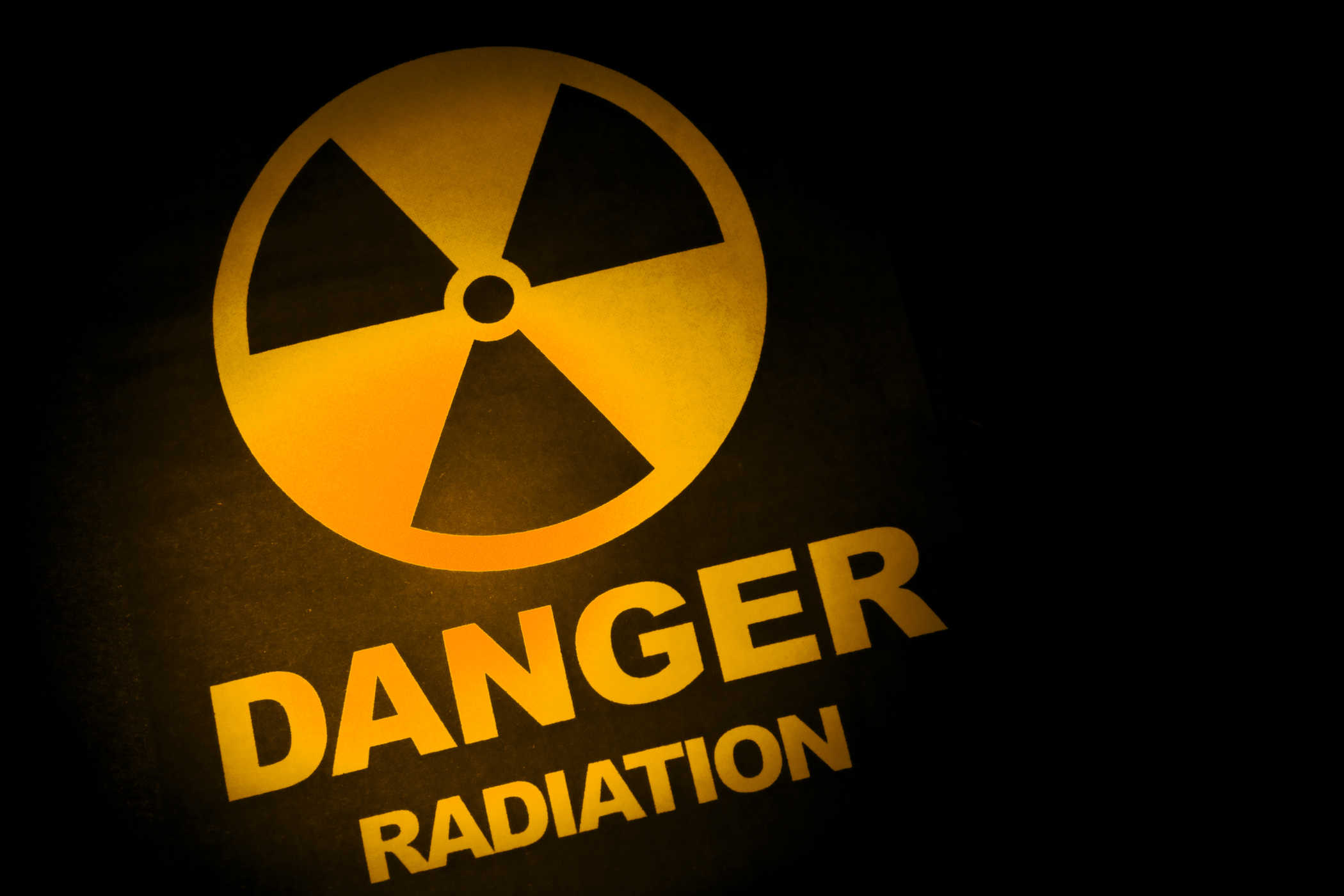Contents:
- Medical Video: Radiation 101: What It Is, Why It's Dangerous
- What is radiation?
- The danger of radiation to humans depends on this factor
- Radiation source
- The number of radiadi doses the body receives
- Duration of exposure
Medical Video: Radiation 101: What It Is, Why It's Dangerous
Talks about radiation that are rarely carried out often cause misunderstandings about this. Some people say exposure to radiation in small doses will not affect the body. But some others say differently. What is the actual danger of radiation to the human body?
What is radiation?
Radiation is the energy released, both in wave and particle form. Based on the electric charge that will be produced after pounding a certain object, radiation is divided into ion radiation and non-ionic radiation.
Non-ionic radiation may be encountered more often around us such as radio waves, microwaves, infrared, visible light and ultraviolet light. Whereas ion radiation groups include X-rays (CT), gamma rays, cosmic rays, beta, alpha and neutrons.
Bahay radiation is usually more commonly found in this type of ion radiation, because it will give an electrically charged substance to the object it hit. This condition will usually give effect, especially if the object is a living being.
The danger of radiation to humans depends on this factor
The composition of the body of the smallest living things is the cell. When cells interact with ion radiation, energy from radiation will be absorbed into the cell and capable of causing chemical changes to the molecules contained in the cell. These chemical changes can trigger other genetic disorders. The danger of radiation to the human body itself varies depending on:
Radiation source
Exposure to cosmic rays usually tends to be ignored, because before reaching the body of a living creature, the radiation has already interacted with the Earth's atmosphere.
Neutron radiation is usually only found in nuclear reactors. While beta radiation is only able to penetrate thin paper, so does alpha radiation which can only penetrate several millimeters of air. But X-rays and gamma rays, besides being found around humans, these rays are dangerous if they are successfully exposed to living things.
This can also be distinguished from the radiation you receive when you go through the machine scan the body at the airport (which has a lower intensity), with the radiation you receive if you live near a region that experiences a nuclear event, because of the different types of radiation.
The number of radiadi doses the body receives
At low doses, body cells exposed to radiation are still able to recover themselves in the not too long time. Damaged cells will only die and be replaced by new cells.
But at high doses, damaged cells will multiply to become cancerous cells (especially if your lifestyle supports to be exposed to cancer such as smoking, consumption of carcinogenic susceptible foods, etc.).
Duration of exposure
Radiation exposure at high doses at one time or short term will also cause some symptoms (called acute radiation syndrome) in your body such as nausea, vomiting, diarrhea, fever, weakness to fainting, hair loss, reddened skin, itching, swelling to burning, pain to convulsions. These symptoms will certainly be different if you are exposed for a long time.
Sometimes the sensitivity of a person's body also affects the impact of radiation exposure on a person's body. For example, 400 brake gamma radiation will cause death to someone when exposed to two different times, with a span of 30 days. However, the same dose will not have any effect if we are exposed to one year in evenly smaller doses.












